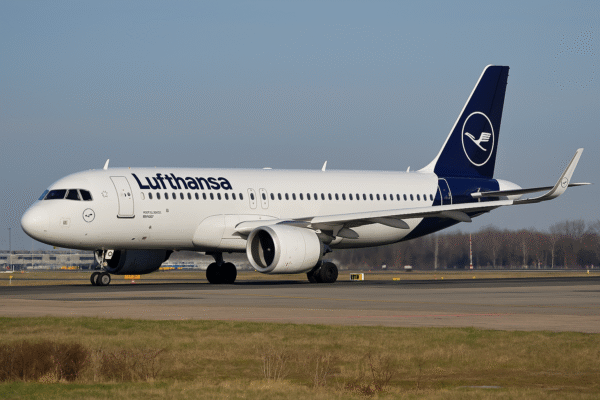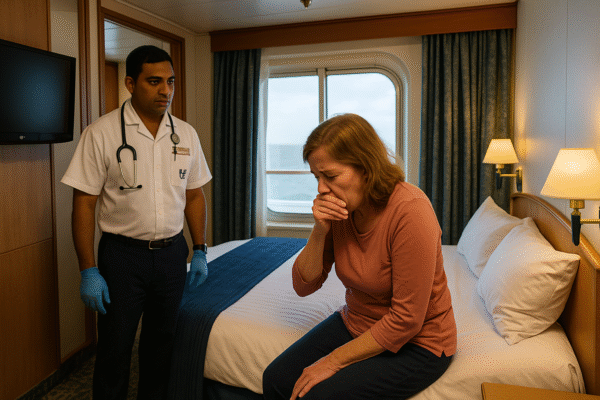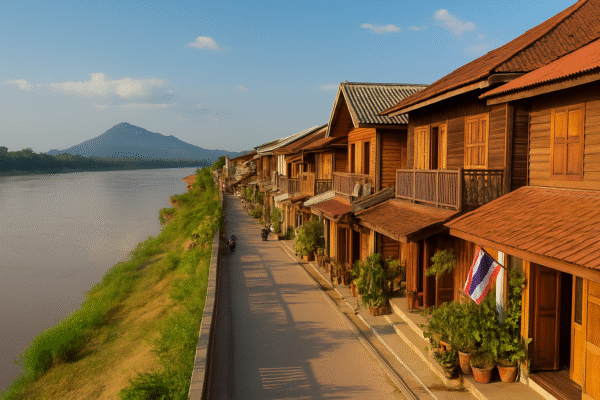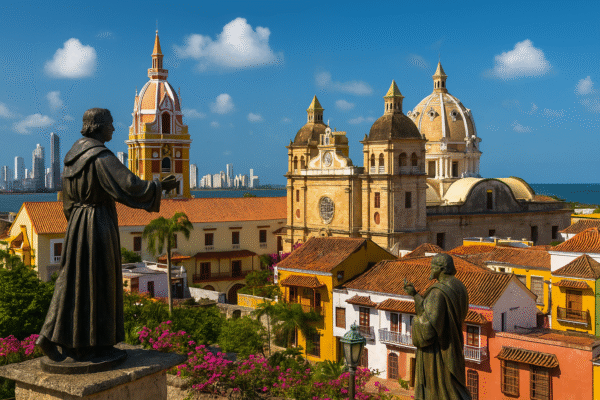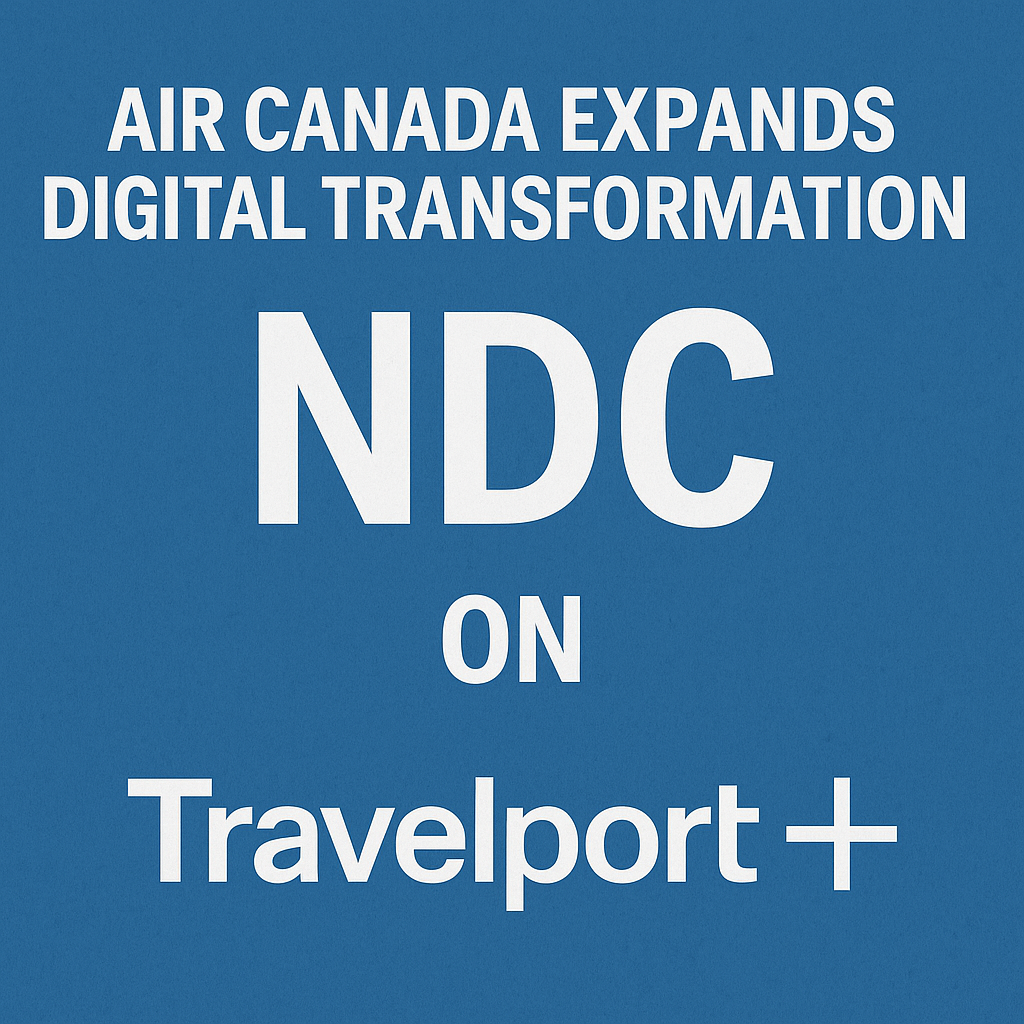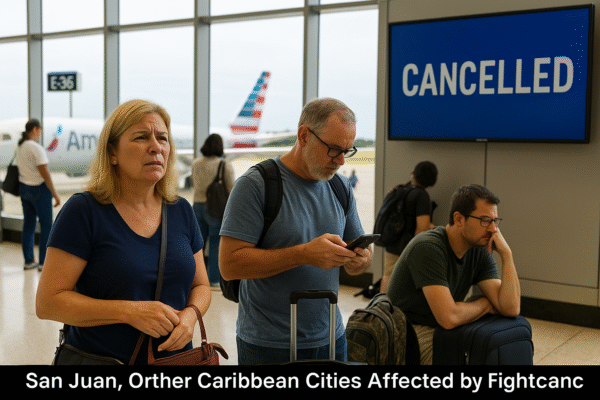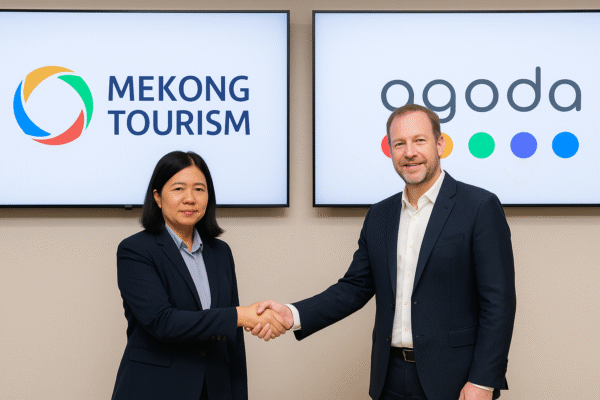The Mekong Tourism Coordinating Office (MTCO) has announced a landmark partnership with Agoda to strengthen the competitiveness of micro, small, and medium-sized enterprises (MSMEs) in the tourism sector across the Greater Mekong Subregion (GMS). Covering Cambodia, Laos, Myanmar, Thailand, Vietnam, and China’s Yunnan and Guangxi provinces, the region is globally celebrated for its rich cultural traditions and breathtaking natural landscapes. However, many small-scale accommodation providers, such as family-run homestays, ecolodges, and guesthouses, lack the digital infrastructure needed to attract international travelers.
Through this collaboration, MTCO and Agoda aim to empower these businesses by offering practical digital skills training. The initiative not only strengthens their ability to market online but also ensures they remain sustainable and competitive in a rapidly evolving global tourism industry.
The Power of Public-Private Partnerships
This partnership marks the first official collaboration between MTCO, Agoda, and the National Tourism Organizations within the GMS. Public-private partnerships have long been recognized as crucial in developing resilient tourism industries, and this program highlights their effectiveness.
By providing direct access to digital platforms, accommodation providers will gain essential tools to improve their online presence. From crafting compelling listings to optimizing pricing and engaging with customer reviews, the program equips them with strategies to thrive in a digital-first tourism market. Such collaborations also stimulate inclusive growth, ensuring even small rural businesses can benefit from international tourism.
Training Tailored to Local Needs
The program’s design reflects the diverse cultural and linguistic landscape of the GMS. Training workshops are delivered in local languages and tailored to address country-specific challenges. This ensures that small business owners, regardless of their level of digital literacy, can access and benefit from the resources.
Family-owned guesthouses in rural villages, ecolodges in secondary cities, and urban boutique hotels alike will be able to apply the skills directly to their businesses. The adaptability of the program also means that participants receive customized support aligned with their individual business needs, making it a genuinely inclusive initiative.
Driving Sustainable Tourism Through Digitalization
Beyond digital visibility, the partnership emphasizes sustainability. Tourism trends show growing demand for eco-friendly and community-driven experiences. The training helps small operators leverage online platforms to showcase their sustainable practices—whether reducing waste, using renewable resources, or engaging in community-based tourism.
By effectively communicating their eco-initiatives, businesses can attract conscious travelers who prioritize responsible tourism. Additionally, digital tools for resource management, customer engagement, and operational efficiency will help reduce environmental impact while supporting long-term viability.
Enhancing Competitiveness on a Global Stage
The GMS is home to iconic destinations, from Angkor Wat in Cambodia to the Mekong River Delta in Vietnam. Despite this, many small operators remain invisible to international travelers due to limited digital presence. The partnership changes this narrative by equipping them with the ability to compete globally.
Businesses will learn how to create engaging content, respond to guest feedback, and set competitive pricing on platforms like Agoda. These skills will enhance their visibility, leading to increased bookings and improved customer satisfaction. Ultimately, this provides MSMEs with the chance to showcase authentic local experiences, which modern travelers increasingly seek.
Long-Term Growth for Local Economies
The program aims to go beyond immediate visibility by equipping MSMEs with sustainable growth strategies. By strengthening their online presence, small operators can build resilient business models that adapt to changing traveler expectations.
This long-term focus ensures that businesses are not only surviving but thriving. Best practices in digital marketing, e-commerce, and customer engagement enable operators to diversify revenue streams, ensuring stability even in fluctuating markets. Moreover, as these businesses grow, they contribute directly to local economies through job creation, community development, and inclusive participation in tourism.
Shaping the Future of Digital Tourism in the Mekong Region
The training program will continue through November 2025, with widespread benefits anticipated across the GMS. By creating a digitally empowered tourism ecosystem, the partnership positions the region as a global leader in sustainable and inclusive tourism.
The initiative could also serve as a model for other destinations seeking to balance tourism growth with sustainability and inclusivity. As digital transformation continues to reshape the industry worldwide, the GMS is setting an example of how small businesses can thrive through strategic collaboration.
A New Chapter for Mekong Tourism
The collaboration between MTCO and Agoda represents more than a training initiative—it is a turning point for small businesses in the Mekong region. By combining digital empowerment with a commitment to sustainability, the program ensures that homestays, ecolodges, and guesthouses are not left behind in the global travel economy.
For travelers, this means greater access to authentic, eco-conscious, and community-driven experiences. For local operators, it means a chance to grow sustainably while competing on an international stage. Together, MTCO and Agoda are ushering in a new era of digital empowerment, inclusivity, and resilience for the Mekong’s tourism industry.
For more travel news like this, keep reading Global Travel Wire



